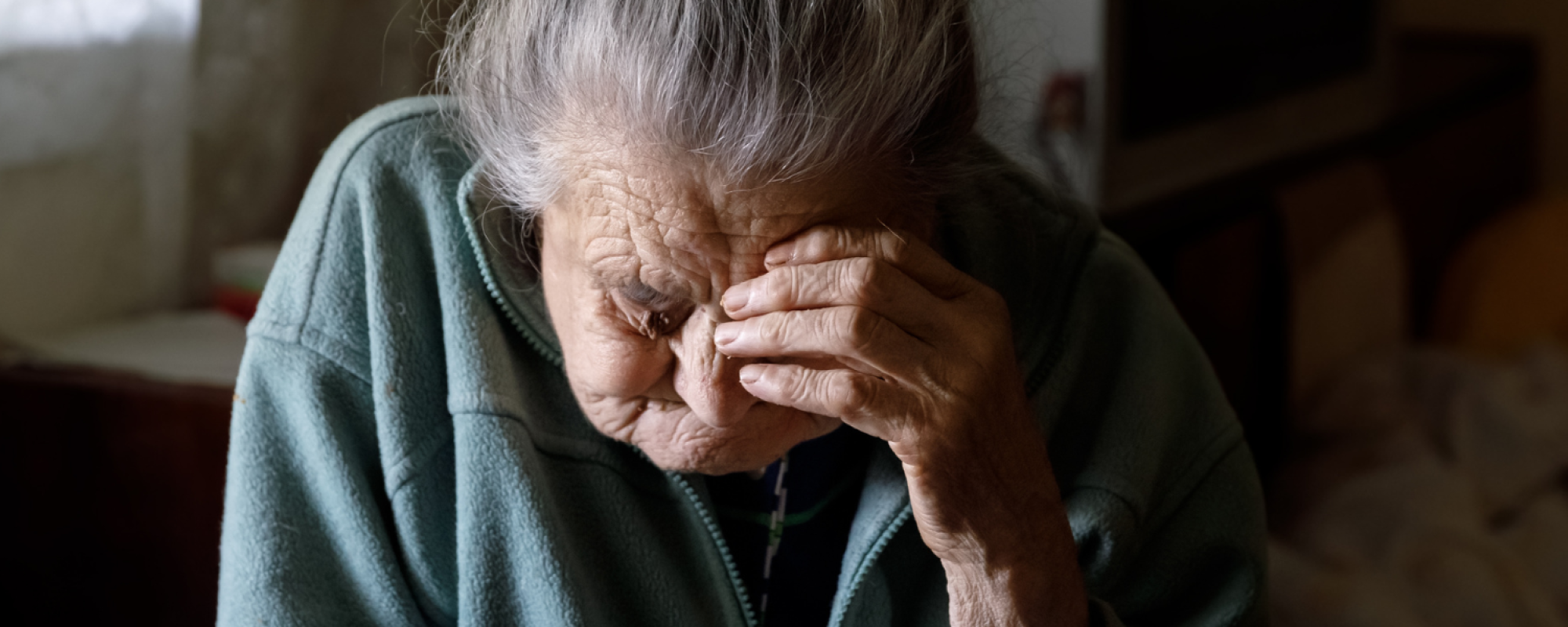Trauma-Informed Care
The implementation of trauma-informed care (TIC) within post-acute and long-term care (PALTC) emphasizes a compassionate, holistic approach that recognizes and addresses the myriad impacts of past traumas. For many older adults, life's journey might include experiences of abuse, neglect, catastrophic events, or other adversities that leave lasting psychological, emotional, and even physical scars.
Essential Tenets for PALTC Providers
- Understanding Trauma: Trauma isn't limited to physical injuries; it encompasses deep-seated psychological and emotional wounds that can manifest as behavioral issues, depression, anxiety, and more.
- Prevalence & Repercussions: With age, some individuals might re-experience past traumas, aggravated by cognitive decline, medical illnesses, or the vulnerability of institutional settings.
- Universal Precautions: Given that many traumas remain undisclosed, it is crucial to approach every patient as potentially having a trauma history.
Taking a Trauma-Informed Approach
- Educate and Train: Ensure that all staff are trained in understanding trauma and its manifestations.
- Safe Environment: Foster an atmosphere of physical, psychological, and emotional safety, emphasizing trustworthiness and transparency.
- Empowerment and Choice: Promote patient autonomy, making them active participants in their care decisions, ensuring they feel validated and heard.
- Collaborative Approach: Involve family and close associates to gain a deeper understanding of the patient's history, respecting boundaries and confidentiality.
Trauma-Informed Care Training Video Series
This video series supports nursing homes in educating their staff on trauma-informed care and providing refresher content to staff who want more information. Each video is around 10 minutes long, so it can be viewed during a staff huddle or by an individual on a break. The videos can be viewed individually, or watch all six for a complete overview of trauma-informed care.
- Video 1: Defines trauma and introduces the effects that some people experience as a result of trauma.
- Video 2: Explains the science behind human reactions to trauma and how traumatic experiences can alter the ways someone views the world.
- Video 3: Introduces the principles of trauma-informed care and gives examples of how someone can provide nursing home services in a trauma-informed way.
- Video 4: Provides concrete examples of how nursing homes can make spaces feel safer for trauma survivors.
- Video 5: Explains why it is important to be culturally competent and accept differences as you provide trauma-informed care.
- Video 6: Introduces steps that an organization or individual can take to help nursing homes make care more trauma-informed.

